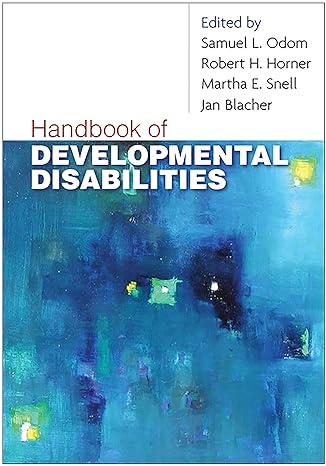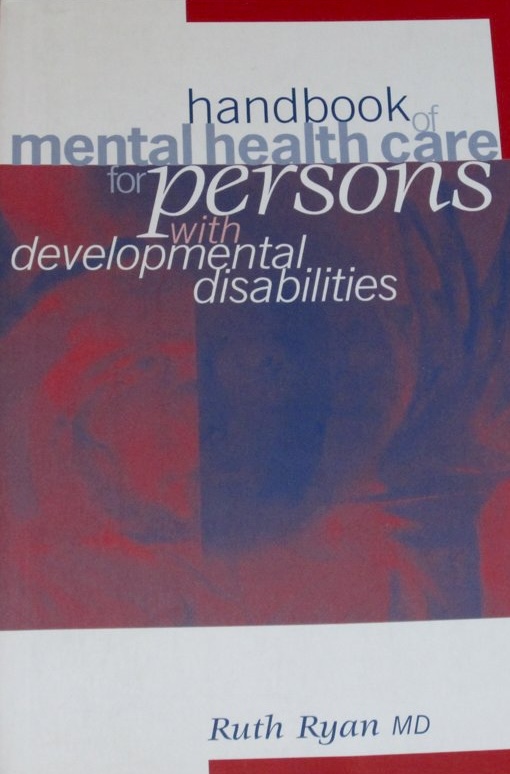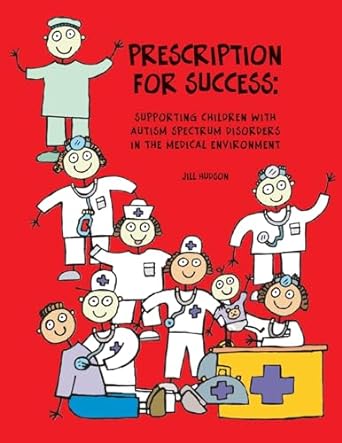Photo
by
Gustavo Fring on Pexels
Contents:
For Library Resources
Physician Perspectives
Patient's Perspective:
Mental Health
From the Library
For Library Resources

AIDE Canada Library offers a large collection of print and digital (eBook and audiobook) resources. For each of the resources below, we have included links to all available formats.
If you would like to borrow a print copy of one of these books, you can order it through our
free Canada-wide borrow-by-mail service.
eBooks and audiobooks can be borrowed online – just sign into our
overdrive
website or the
Libby
reading app using your AIDE Canada Library username and password. Visit the
Library website
to learn more. Questions? Email us at
library@aidecanada.ca
.
Physician Perspectives

This article provides an introduction and links to the Promoting Capabilities tool created by Surrey Place and in consultation with leading clinicians in Canada. This tool guides clinicians in shifting the focus from assessing what adults with IDD can or cannot do independently to evaluating and addressing the accommodations and support for decision making that they need to be involved as much as possible in reaching decisions about acceptable and preferred healthcare interventions. The Promoting Capabilities tool mitigates ableism present in the healthcare and legal systems by recognizing that adults with IDD have a range of decision-making capabilities.

The Developmental Disabilities Primary Care Program of Surrey Place Toronto published a tool called HELP with Behaviors that Challenge (HELP) to help primary care providers and other individuals who support people with IDD implement this approach into practice. The HELP tool provides a framework that promotes an in-depth exploration of the underlying causes of symptoms and behaviors, even if they meet the criteria for psychiatric disorders. The tool offers a multi-perspective evaluation of situations where those disorders, such as anxiety and depression, may be present. Primary care providers can anticipate and alleviate patient distress with the comprehensive framework

Health checks are comprehensive health reviews that family physicians can use with patients to provide additional preventative and proactive care. They can include a physical examination, prevention, or screening. Health checks are particularly beneficial to adults with Intellectual and/or Developmental Disabilities (IDD). The Developmental Disabilities Primary Care Program of Surrey Place Toronto published a tool called the "IDD Health Check" tool to support physicians. The tool includes practical information, including a point-of-care form, tips, and links to additional tools. It provides supplementary information based on the experiences of family doctors and practice tips from physicians with experience providing care to adults with IDD.

People with intellectual and developmental disabilities (IDD) experience systemic barriers that decrease healthcare access, including challenges navigating the system and finding the proper support. The Developmental Disabilities Primary Care Program of Surrey Place Toronto, in collaboration with CAMH, developed two healthcare tools "About My Health" and "My Health Care Visit" to help improve communication between persons with IDD and their physicians.

People who work in the Pediatric Emergency Department will treat children and adolescents who may have developmental disorders like autism and/or intellectual disabilities. Some may have challenges with communication, difficulty registering or tolerating pain, or be experiencing a mental health crisis. In this course, a paediatrician, psychiatrist, triage nurse, and parent all provide their perspectives on how best to support children and adolescents with developmental differences during visits to the ER.

This video was created by autistic self-advocates to help Doctors better support their autistic patients. It provides some tips about how to avoid several common negative experiences that autistic self advocates have encountered in healthcare settings. Doctors in a hurry can enjoy this quick video.

Health care professionals qualitatively reflected on challenges encountered in providing care to adults on the autism spectrum. Recommendations for moving forward are offered.

This article summarizes a study that reviewed studies on the immune system and ASD. They suggest the need for further understanding about how the immune system and brain are related.
Patient's Perspective

This workbook is designed to help youth and adults on the autism spectrum prepare for a successful visit to a healthcare provider or medical appointment.

People with intellectual and developmental disabilities (IDD) are noted to face barriers in accessing health care. Several resources have been developed to better support individuals with IDD in accessing health care.
This article provides examples of tools which offer practical resources, some of which already are summarized on the AIDE Canada website. These resources come from various organizations and teams.

This article summarizes a study that used electronic medical records to examine how common medical or psychiatric conditions were for adults on the autism spectrum, compared to neurotypical peers. Autistic adults were reported to more commonly have some psychiatric and chronic health conditions.

This article summarizes a study where focus groups were held with youth and young adults (15-25 years) about their health-related transitional needs in moving to adult care. Separate focus groups were conducted with caregivers.

Helpful information is provided for health care providers with the aim of offering culturally responsive communication with families in which a child is being assessed for developmental disability. This guidance is particularly relevant given the ethnocultural diversity of Canada, and the importance of person and family-centeredness in service provision. The toolkit was developed by the South Asian Autism Awareness Centre (SAAAC) and specifically Arjun (AJ) Balasingham and Dr. Shivajan Sivapalan.

What are my rights? Can a landlord refuse to rent to me because of my disability? What should I do if I think someone has acted against my rights? This toolkit answers common questions about human rights in Canada. It also gives you practical steps that you can take if your rights have not been respected, and it has a list of resources where you can go for help for every Canadian province and territory.
Mental Health

This article summarizes a study that included individuals with autism and those without autism who were admitted for the first time to a specialized inpatient psychiatry unit (average age was 13 years). The impact of this intervention was examined.

Autistic individuals are more likely to experience mental health challenges than the general population, yet there are few studies that focus on the best mental health approaches for those on the autism spectrum. This toolkit provides background on mental health treatments that are backed by research. The toolkit also provides helpful summaries and reflection questions to help you decide which mental health approach(es) to pursue.

The researchers viewed psychotropic medication use in children and youth with ASD (autism spectrum disorder), based on a US database review.
From the Library

Summary:
“This authoritative handbook reviews the breadth of current knowledge about developmental disabilities: neuroscientific and genetic foundations; the impact on health, learning, and behavior; and effective educational and clinical practices. Leading authorities analyze what works in intervening with diverse children and families, from infancy through the school years and the transition to adulthood. Chapters present established and emerging approaches to promoting communication and language abilities, academic skills, positive social relationships, and vocational and independent living skills. Current practices in positive behavior support are discussed, as are strategies for supporting family adaptation and resilience”
Borrow by mail or pick up in person at AIDE Canada Library

Summary:
“Persons with developmental disabilities are vulnerable to the same mental health conditions as other people, and all forms of treatment, including psychotherapy can be effective. Ruth Ryan is a psychiatrist who works directly with people with developmental disabilities with complex needs. Her book provides practical, doable, approaches for individuals who have a high need for extraordinary care.”
Borrow by mail or pick up in person at AIDE Canada Library

Summary:
“Because of the unique needs of children with ASD, it is important to pay special attention to the details of their experience in the medical environment. Designed to help make the medical experience easier for all involved, this book presents information on ASD, the varying developmental levels, interventions, and assessments that medical staff, parents, educators, and key service providers can use to more effectively interact with and support children with ASD while in the medical setting. The information and techniques presented in "Prescription for Success" can be used by doctors, nurses, medical technicians, residents, interns, and even administrative staff to support children with ASD and their families in what can otherwise be trying circumstances. A CD at the back of the book includes forms and worksheets that can be printed and duplicated.”
Borrow by mail or pick up in person at AIDE Canada Library


